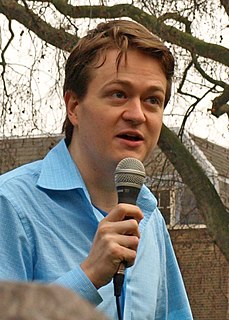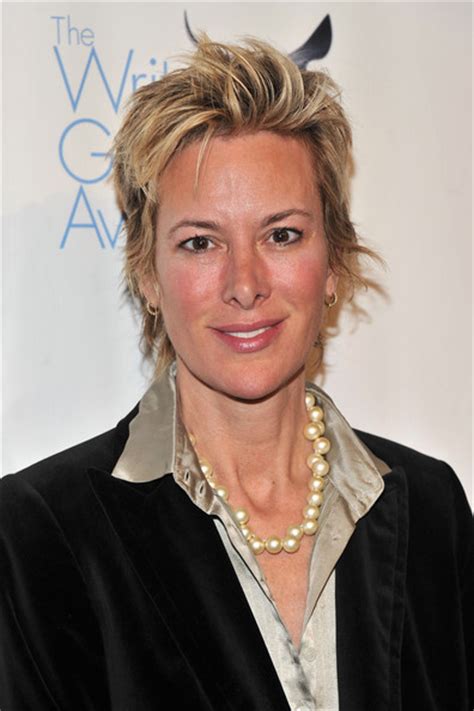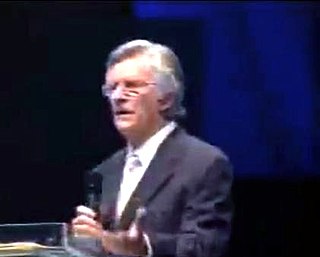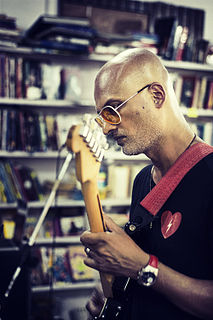A Quote by Russell Brand
The mentality and behavior of drug addicts and alcoholics is wholly irrational until you understand that they are completely powerless over their addiction and unless they have structured help they have no hope.
Related Quotes
[T]he truth is that drug addicts have a disease. It only takes a short time in the streets to realize that out-of-control addiction is a medical problem, not a form of recreational or criminal behavior. And the more society treats drug addiction as a crime, the more money drug dealers will make "relieving" the suffering of the addicts.
The opposite of addiction is human connection. And I think that has massive implications for the war on drugs. The treatment of drug addicts almost everywhere in the world is much closer to Tent City than it is to anything in Portugal. Our laws are built around the belief that drug addicts need to be punished to stop them. But if pain and trauma and isolation cause addiction, then inflicting more pain and trauma and isolation is not going to solve that addiction. It's actually going to deepen it.
Once and for all, people must understand that addiction is a disease. It’s critical if we’re going to effectively prevent and treat addiction. Accepting that addiction is an illness will transform our approach to public policy, research, insurance, and criminality; it will change how we feel about addicts, and how they feel about themselves. There’s another essential reason why we must understand that addiction is an illness and not just bad behavior: We punish bad behavior. We treat illness.
I have a lot of friends who come from alcoholic families, and they aren't alcoholics, because someone explained it to them. When I was in Washington DC, they really talked about the difference statistically between families that talk about drug addiction and ones that don't. The kids that can say "I see where this is going" have a much better chance of not becoming addicts, because they have been educated.
Individual freedom and drug laws contradict each other. In a genuinely free society, people are free to ingest whatever they want to ingest, no matter how harmful or destructive. What people ingest is none of the government's business. If drug users or drug addicts wish to get help, a free society provides the means to do so.
Advertising doesn't cause addictions. But it does create a climate of denial and it contributes mightily to a belief in the quick fix, instant gratification, the dreamworld, and escape from all pain and boredom. All of this is part of what addicts believe and what we hope for when we reach for our particular substance.... Addiction begins with the hope that something "out there" can instantly fill up the emptiness inside. Advertising is all about this false hope.
Then there are the addicts, the hunger addicts, the rage addicts, the poverty addicts, and power addicts, and the pure addicts who are addicted not to substances but to the oblivion and the tenderness the substances engender. An addict, if you don't mind me saying so, is like a saint. What is a saint but someone who has cut himself off, voluntarily, from the world's traffic and currency?
It [Moonlight movie] deals with drug addiction, drug dealing, and single parenthood, but they are three dimensional characters. You understand where they are from and what they are trying to do with their lives. It is not a stereotype that has been pasted onto somebody. These are stories that come from Barry's [ Jenkins] and Tarell's [Alvin McCraney] mothers.
The most important thing when you study hypnosis is that you learn that humans are irrational. Until you understand that, hypnosis is hard to do... For me, it was this great awakening to understand that humans are deeply irrational, and it's probably the greatest influence on me in terms of my writing.

































